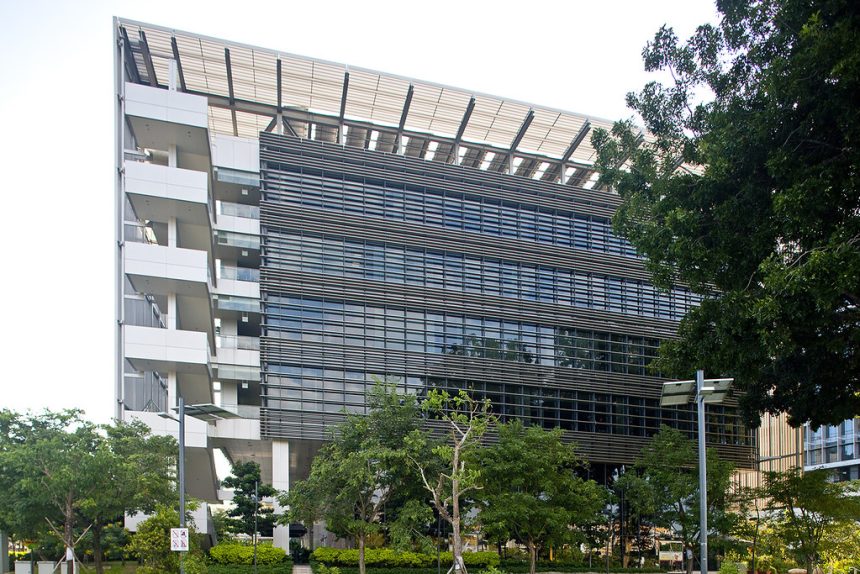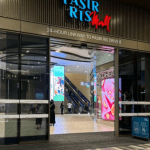Singapore has experienced a significant rise in COVID-19 cases, with the total number of infections nearly doubling week-on-week. The estimated cases for the week of May 5 to May 11 reached approximately 25,900, marking a 90 percent increase from the 13,700 cases reported in the previous week. This surge has prompted the Health Ministry to reassess and adapt the healthcare system’s response to the pandemic.
Strain-Specific Outbreak
The majority of the recent COVID-19 cases in Singapore are attributed to the KP.1 and KP.2 strains of the virus, which now account for more than two-thirds of the infections. These strains are a part of the ongoing evaluations by health experts to understand their impact better and adjust public health strategies accordingly.
Impact on Hospital Services
Due to the sharp increase in cases, public hospitals in Singapore are taking precautionary steps to ensure that they have the capacity to handle severe COVID-19 cases and emergencies. One major change is the reduction of non-urgent elective surgeries. This measure is intended to free up resources, including hospital beds and medical staff, to cater to the surge in COVID-19 patients requiring hospitalization.
Public Health Advisory
The Health Ministry has also issued guidance to the public, advising against going to hospital Emergency Departments for mild COVID-19 symptoms or in cases where individuals do not have significant medical vulnerabilities. This is aimed at preventing the overload of critical hospital resources and ensuring that those in need of urgent care can receive it promptly.







